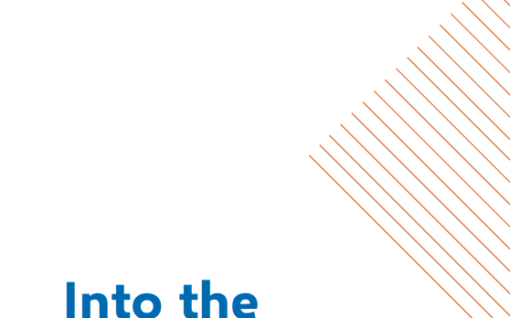Looking back at 2020 and forward to 2021

2020: what a year it’s been, for us and everyone else. While it’s tempting to rush 2020 out the door and usher in 2021, we think it’s important to reflect on what’s happened and what the year has meant to us as a business.
We actually count ourselves as very lucky, from a work perspective. We work with many clients in the online learning space and due to Covid and the shift to home working, these clients have been busy, which in turn has kept us busy. These are difficult times in which to be running your own business, so we are very grateful that demand for our services has been so strong.
Without a doubt, this has been a year for doing things differently, in so many ways. Some of our work has continued as usual, but we have also helped several clients adjust to the new working environment. We have helped them communicate differently.
Connectedness
We have produced a wide range of content across the year, including case studies, reports, website messaging, podcasts and webinars. As the pandemic took hold, a theme soon emerged in our work: connectedness. Much of the event-based work we have been involved with this year has been about connecting people – to each other, with the organisation they work for and with any partner organisations and customers. These connections have been really important.
We were also lucky to run our annual LearnPatch barcamp back in February, exploring the topic of inclusion. You can read more on that here. That was the last face to face event we hosted or attended in 2020. That event, like our clients’ online events that followed, was all about connecting people to ideas and with each other. Connectedness again.
This has been very necessary as organisations had to grapple with the overnight shift to homeworking. With very little warning, colleagues had to adjust to working apart. This shift also presented organisations with the challenge of working differently. How could individuals, teams and organisiations survive and flourish when working remotely? How could they collaborate effectively? Leaders lead effectively? How do you foster online communication? A lot of our content work this year has explored these topics.
As well as implementing new ways of working, organisations have had to adapt their business models. We too looked at how we could evolve our offerings. During the first UK lockdown, we ran some Content&Comms coffee events in which we invited people to come together to discuss their comms challenges. We wanted people to share their experiences of working in this new landscape and to discuss the impact Covid and lockdown was having on comms. Again, this was about connecting people and ideas. Each discussion provided great insights and conversation. Here are some of the outputs from the conversations . . .
Comms that deliver
Developing cut-through communications is more critical than ever for our clients. The abrupt cessation of face to face events has resulted in fewer comms channels for vendors, so the focus has really been on getting messaging right. This is why we have evolved our services to support our clients in communicating their value.
This may sound like stating the obvious, but in order to communicate your value as a business, you have to properly understand it and so do we. That’s why we like to hone in on why customers buy from their clients and what they are getting out of the relationship. It can be very surprising what nuggets emerge and that’s how you discover the real impact of products and services.
Through doing this, we help clients build messaging based on the value they are delivering for their clients. This is the basis for developing cut-through messaging.
Fake news
We have also continued to follow our passions around building up knowledge and skills around curating information and fighting fake news and misinformation. We ran a session on fake news for learning professionals in October and are currently running a research survey on how organisations curate information for learning. This is a follow up to a similar survey we carried out in 2015 and it will be really interesting to see what’s changed – and what hasn’t. This work, along with our work sifting and digesting workplace research – for our own site, for clients and for Learning Now TV – informs our thinking and provides the foundations for the work we do with our clients.
Fact-based communication
Evidence is everything. After all, Roisin and I started our working careers as journalists, and we still adhere to the principles of journalism, one of which is fact-based communication. Yes, we can do opinions, but even then, it has to be based on evidence and knowledge. This evidence-informed approach, plus our interviews with researchers and practitioners, is the bedrock of how we work. It enables us to challenge and inform our clients. The consultancy side of our work requires this. We are not yes people. Sometimes awkward questions have to be asked. Sometimes the evidence tells a different story to what is being told. It’s important that these issues are surfaced. We use our evidence, our experience and knowledge, to help clients develop better, more relevant and more useful content and communications. And this is that we will be striving to do more of in 2021.
The pandemic is far from behind us and we are likely to have a tough few months ahead. Communicating with clients, prospects and the public at large through these times requires a thoughtful approach that puts the needs of the audience first. That requires brands to listen and learn and to respond sensitively to the needs of the market.
Our research in 2020 showed that many brands in the corporate learning and workplace space carried on regardless of what was going on around them. They didn’t adjust their comms to reflect the needs of their audiences. Their messaging was not in tune with world events. Will that be a sustainable approach in 2021? We think not.
The year ahead should be about listening and responding to customers’ needs in a sensitive way. Brands need to talk in plain English. And they need to focus on communicating the value and impact of what they do. Tell customers how you will help them and why they should choose you over anyone else. But, do it in the way that they want to hear.

